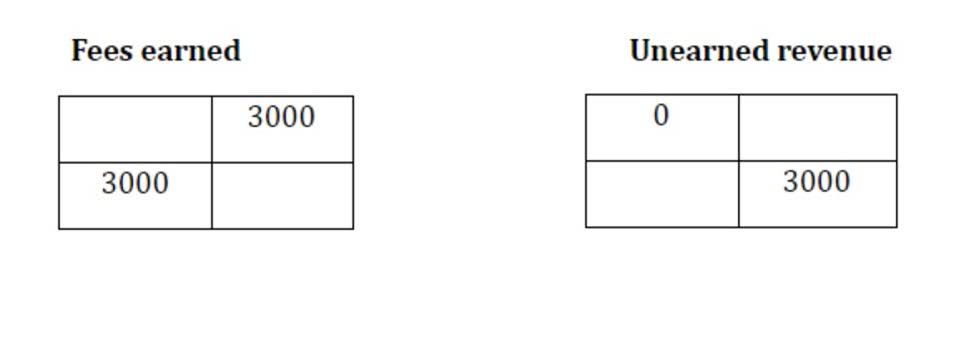What Is Accounting? Definition, Objectives, Advantages, Limitation, Process

With a comprehensive understanding of an organization’s financial health and performance, accounting allows for strategic decision-making and effective allocation of resources. Accounting designed or meant for outsiders is known as financial accounting. It is concerned with the recording of business transactions and the periodic preparation of income statement, balance bookkeeping services in sacramento sheets and cash flow statement from such records. By applying various financial metrics and ratio analyses, companies can identify areas for improvement and make informed decisions to achieve their financial objectives. Managerial accounting assesses financial performance and hopes to drive smarter decision-making through internal reports that analyze operations.
Great! The Financial Professional Will Get Back To You Soon.
Today, the Financial Accounting Standards Board (FASB), an independent authority, continually monitors and updates GAAP. Without regulatory standards, companies would be free to present financial information in whichever format best suits their needs. With the ability to portray a company’s fiscal standing in a favorable light, investors could be easily misled.
Concerned with transactions and events having financial character
Classification means statement setting out for a period where all the similar transactions relating to a person, a thing, expense, or any other subject are groped together under appropriate heads of accounts. The accounting information helps the management to plan its future activities by preparing budgets in respect of sales, production, expenses, cash, etc. Accounting helps in the coordination of various activities in different departments by providing financial details of each department. Business transactions are properly recorded, classified under appropriate accounts and summarized into financial statement.

How do you become an accountant?
Generally speaking, however, attention to detail is a key component in accountancy, since accountants must be able to diagnose and correct subtle errors or discrepancies in a company’s accounts. The ability to think logically is also essential, to help with problem-solving. Mathematical skills are helpful but are less important than in previous generations due to the wide availability of computers and calculators. Tax accounts may also lean in on state or county taxes as outlined by the jurisdiction in which the business conducts business.
According to accounting historian Stephen Zeff in The CPA Journal, GAAP terminology was first used in 1936 by the American Institute of Accountants. Federal endorsement of GAAP began with legislation like the Securities Act of 1933 and the Securities Exchange Act of 1934, laws enforced by the U.S. Securities and Exchange Commission (SEC) that target public companies.
A cash flow statement is used by management to better understand how cash is being spent and received. It extracts only items that impact cash, allowing for the clearest possible picture of how money is being used, which can be somewhat cloudy if the business is using accrual accounting. In addition, quantitative data are now supplemented with precise verbal descriptions of business goals and activities. In the United States, for example, publicly traded companies are required to furnish a document commonly identified as “management’s discussion and analysis” as part of the annual report to shareholders. This document summarizes historical performance and includes forward-looking information. The work performed by accountants is at the heart of modern financial markets.
- This process involves analyzing a company’s financial statements, such as the balance sheet, income statement, and cash flow statement.
- If volume of sales of the products is high and the number of transactions of the business is very high, it is impossible to keep all these transactions in the mind of a businessman.
- By following GAAP guidelines, compliant organizations ensure the accuracy, consistency, and transparency of their financial disclosures.
- Essentially, any information that may be useful to management falls under this umbrella.
- For instance, based on the insights you get from crucial accounting statements, you can hone in on unnecessary expenses and work toward eliminating them entirely.
- These rules are set at the federal, state, or local level based on what return is being filed.
You’re All Set

Foreign-based companies registered with the SEC use IFRS reporting guidelines in their U.S. disclosure filings. Some U.S. small and mid-size enterprises (SMEs) voluntarily use IFRS accounting procedures, which are neither expressly permitted nor prohibited under applicable U.S. laws. The GASB was established in 1984 as a policy board charged with creating GAAP for state and local government organizations. Many groups rely on government financial statements, including constituents and lawmakers. The board’s processes and communications are available for public review.
